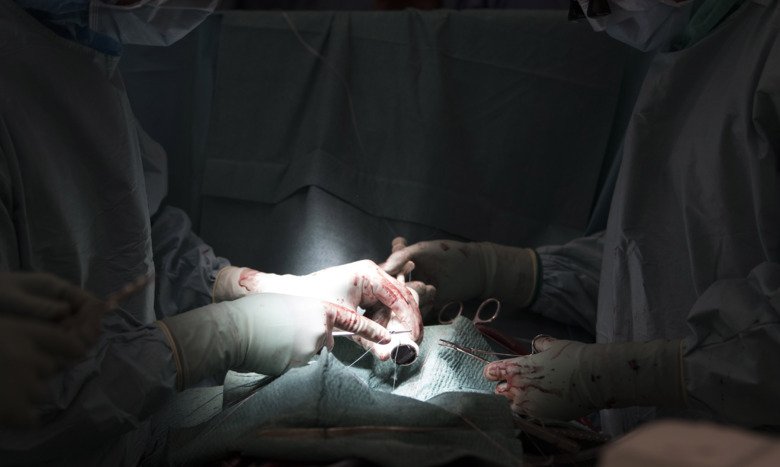Low socioeconomic status increases the risk of bleeding after mechanical aortic valve replacement

Patients with low socioeconomic status who have undergone mechanical aortic valve replacement, AVR, have a higher risk of bleeding complications, such as fatal intracranial hemorrhage, shows a study done by researchers at Karolinska Institutet. The study is now published in the Journal of the American College of Cardiology, JACC.

“The higher risk of bleeding complications is probably due to poorer controlled anticoagulation treatment in these patients, compared to patients with high socioeconomic status”, says Magnus Dalén, associate professor of heart surgery at the Department of Molecular Medicine and Surgery.
Over 5 900 patients included in the study
In a nationwide population-based cohort study the researchers investigated all adult patients who underwent mechanical AVR in Swedien during 1997 to 2018.
“Among 5,974 patients, we observed a strong association between low socioeconomic status and risk of bleeding among patients who underwent mechanical AVR. These findings suggest suboptimal anticoagulation treatment in patients with lower socioeconomic status and the need for strategies to optimize anticoagulation treatment in patients with a mechanical heart valve”, says Magnus Dalén.
The study was funded by Fredrik Lundberg, the Heart and Lung Foundation and Karolinska Institutet.
Publication
Socioeconomic Status and Risk of Bleeding After Mechanical Aortic Valve Replacement, Magnus Dalén, Michael Persson, Natalie Glaser, Ulrik Sartipy, Journal of the American College of Cardiology, online June 20, 2022, doi.org/10.1016/j.jacc.2022.04.030
